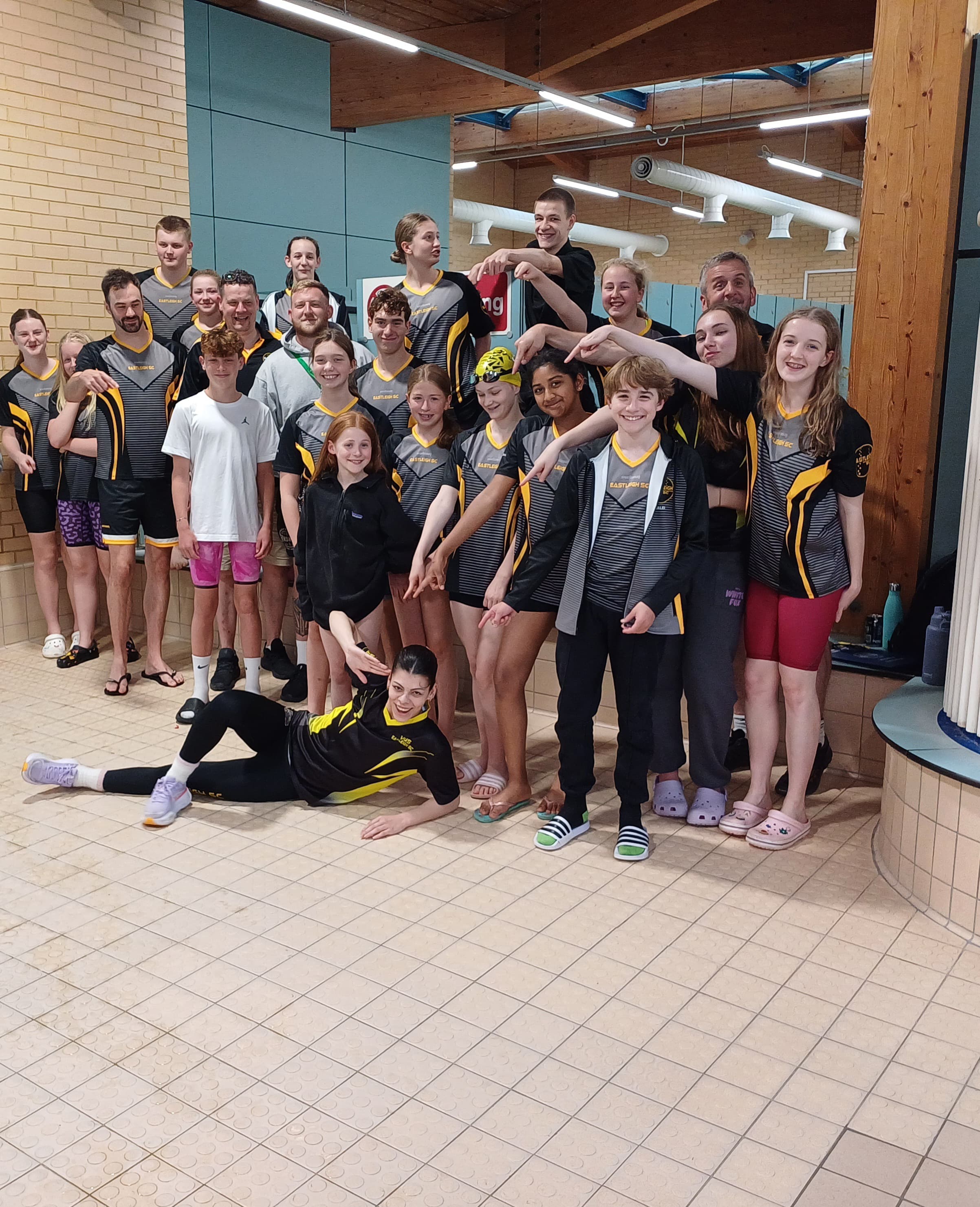
Swim England Changing Room Policy
Swim England has been asked by many clubs to clearly state what responsibility the club has for young members under 18 years in changing rooms before, during and after training or an event or competition.
Under the duty of care to safeguard children, the club has a responsibility for the wellbeing of children in the changing rooms.
This does not mean that parents have no responsibility, but parents are often not in the pool complex at the time when children are swimming and training to exercise their duty of care. For this reason, clubs must be clear to parents under what circumstances they require parents to remain at the pool throughout a session. For example, with young children who require assistance with changing, or for those children with a disability who may require additional help that the club is unable to provide.
Responsibility during a club session
The view of Swim England is that while a child is training or being taught, they remain under the responsibility and duty of care of the person who is teaching or coaching them at that time. If a member goes out of the pool area, the coach or teacher should be aware of this. If the child fails to return within a reasonable time, or appears to be upset upon leaving the poolside, the coach/teacher should request a suitable official to check on them. It is best practice for two persons to look for the member (the second person could be a senior member or a parent).
If a complaint is received about an incident that has occurred in the changing room between a member of the club and any other person, the club has a duty to act upon that concern as appropriate, following the guidance in section 2.2 (pp. 39-50). If the incident involves a person not associated with the club, the pool manager should be made aware and consideration given as to whether the statutory agencies need informing.
Swim England is currently working with the CPSU, Swim England Facilities Team and commercial facility providers to try to encourage pool providers across the nation to separate the sexes of school-age children in mixed changing villages.
We strongly recommend that clubs engage locally with pool providers to create simple barrier systems, or make use of natural barriers between cubicles (e.g. lockers, etc.) to enable mixed changing villages to be used as separate changing areas for either sex. This is likely to help prevent the crime of any covert use of cameras or phones, etc. by one person on another of the opposite sex.
Information for parents regarding changing facilities
- Ensure that parents are made aware that changing facilities at venues may be shared by both club members and members of the general public.
- Ensure parents are made aware of the type of changing room in use, i.e. separate for male and female or mixed changing villages.
- Ensure that the behaviour of members in changing rooms is part of the member's Code of Conduct and any behaviour contracts, where appropriate. Masters (adult) members should be encouraged to use their own area wherever possible, when changing at the same time as children. Where this is not possible adults are to be reminded to change in an appropriate fashion, and to be mindful that they are changing with children.
- Ensure parents are aware that they should not be in the changing room whilst the children are changing, unless their child is of an age where help is required from parents or if the child requires additional specific assistance. This is generally at an age that is stipulated by the pool hirer, usually seven or eight years of age. In such circumstances, the parent must be the same gender as the child, unless the facility has family changing facilities or is a mixed changing village.
- When organising an event where other clubs or schools are involved, ensure that parents and competitors are advised (via the event information) whether or not the facilities are likely to be open to the general public at any time during the event.
Swim England does not advise that adults supervise changing facilities as that places them and the children at risk of harm and allegation. Clubs may however place an officer or appointed poolside helper on the outside of the doors in and out of the changing rooms to allow children to call for assistance if required. This approach has proved helpful to many clubs when children have reported incidents of bullying or general behaviour issues between members in the changing rooms.
Responsibility after a session is completed
The view of Swim England is that each affiliated club has a reasonable duty of care to their members, which extends to an awareness on the part of the club that their junior members have been collected, in so far as is possible, at the conclusion of a session, i.e. that a member is not left unsupervised if a parent is late. This has to be age appropriate, i.e. a 17-year-old is capable of getting themselves home, but a 12-year-old is not.
However, if a club uses changing rooms that are also accessible to non-club members for public swimming lanes, it would be extreme to expect a club to search the changing areas in case a junior club member was there. Best practice would be for a club to make all junior members and their parents aware that if children are not collected by a parent, then they should make that known to the welfare officer, coach or whoever the club deems to be appropriate, and for the nominated individual to ensure that the member is supervised appropriately until a parent arrives or the parent communicates alternative arrangements.
If a parent fails to collect a child, the club should follow the procedure outlined in the Swim England Late Collection of Children Policy.
 Eastleigh Swim Club Masters swimmer Kate Steels has taken on one of her most ambitious challenges yet – completing a 21.5km swim from Baltimore to Fastnet Rock in Ireland, with hopes of setting a new ladies' record.
Eastleigh Swim Club Masters swimmer Kate Steels has taken on one of her most ambitious challenges yet – completing a 21.5km swim from Baltimore to Fastnet Rock in Ireland, with hopes of setting a new ladies' record. Eastleigh Swimming Club took part in the Salisbury Swimming Club Open Meet
Eastleigh Swimming Club took part in the Salisbury Swimming Club Open Meet We are thrilled to share that our team captain, Alana Maddock, has officially qualified for this year’s Summer Nationals.
We are thrilled to share that our team captain, Alana Maddock, has officially qualified for this year’s Summer Nationals.